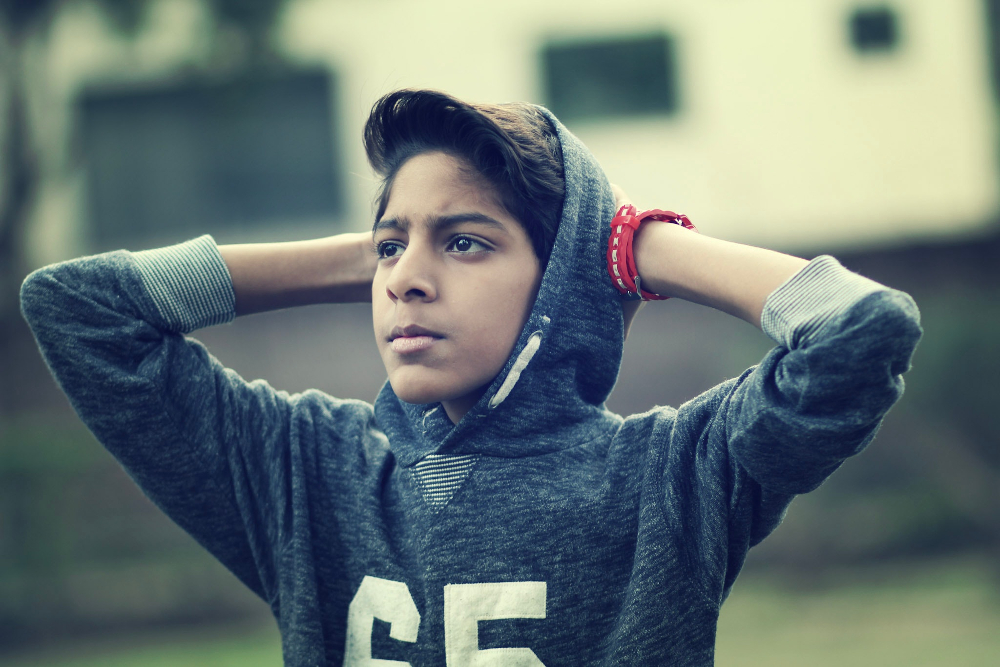Studies show socioeconomic status can affect teen bullying.
Psychologists at the University of Cambridge just released a new study that is published in the Journal of Child Psychology and Psychiatry regarding how being an adolescent from a poor background affects mental health. The study was co-led by Piera Pi-Sunyer and Dr. Jack Andrews of the University of New South Wales, as part of a research project conducted by Cambridge psychologist Professor Sarah-Jayne Blakemore. The researchers found that the young people who see themselves as poorer than their friends are more likely to perpetrate bullying.
Thousands of young people born between 2000 and 2002 were surveyed as part of the Millennium Cohort Study (MCS). They were asked questions about mental states, social behaviors, and perceived economic status. They also asked about family income, including the family’s weekly disposable income.
“Adolescence is an age of transitions, when we use social comparisons to make self-judgments and develop our sense of self,” said study lead author Blanca Piera Pi-Sunyer, a Cambridge Gates Scholar and PhD candidate in the University’s Department of Psychology.

Alarmingly, “6% to 8%” of eleven-year-olds surveyed, who felt poorer than their friends, scored lower for self-esteem, and “11%” of these young people scored lower when it comes to well-being.
A sense of economic equality is important for most adolescents. The study brings to light the fact that young people who feel this inequality are for more likely to suffer from mental health issues, including anxiety and behavior problems such as hyperactivity or anger issues. Not to mention that it also affects their self-esteem.
A sense of belonging is very important for anyone, especially an adolescent. “A sense of our economic position not just in wider society, but in our immediate environment, might be problematic for our sense of belonging,” Piera Pi-Sunyer adds. “Belonging is particularly important for well-being and psychosocial functioning during adolescence.”
There was a part of the study that focused on the cognitive processes behind how people perceive themselves. They found that when people have negative judgments about themselves that it reinforces a feeling of bad self-worth, which has great implications for mental health.
Young people generally compare themselves to their peers. It is important for them to feel like they belong. According to the study, interpersonal difficulties, such as bullying, can greatly affect these young people’s sense of belonging. Pi-Sunyer explains, “It may be that feeling different in any way at a time when belonging is important increases the risk of interpersonal difficulties such as bullying,” the researcher continues. “Our research suggests that wealth comparisons with those around us might contribute to a sense of social and personal self-worth when we are young.”
Cambridge researchers also found that poorer children are more likely to be bullied. The adolescents who felt poorer in their friendships were 17% more likely to report being bullied. This was not the same for richer adolescents, who were 3% to 5% more likely to be the ones bullying others.
“You do not have to be rich or poor to feel richer or poorer than your friends, and we can see this affects the mental health of young adolescents,” said Pi-Sunyer.
Sources:
Kids who feel poorer than their friends more likely to have mental health problems
‘Social exclusion’ is the most common form of school bullying — not violence


Join the conversation!